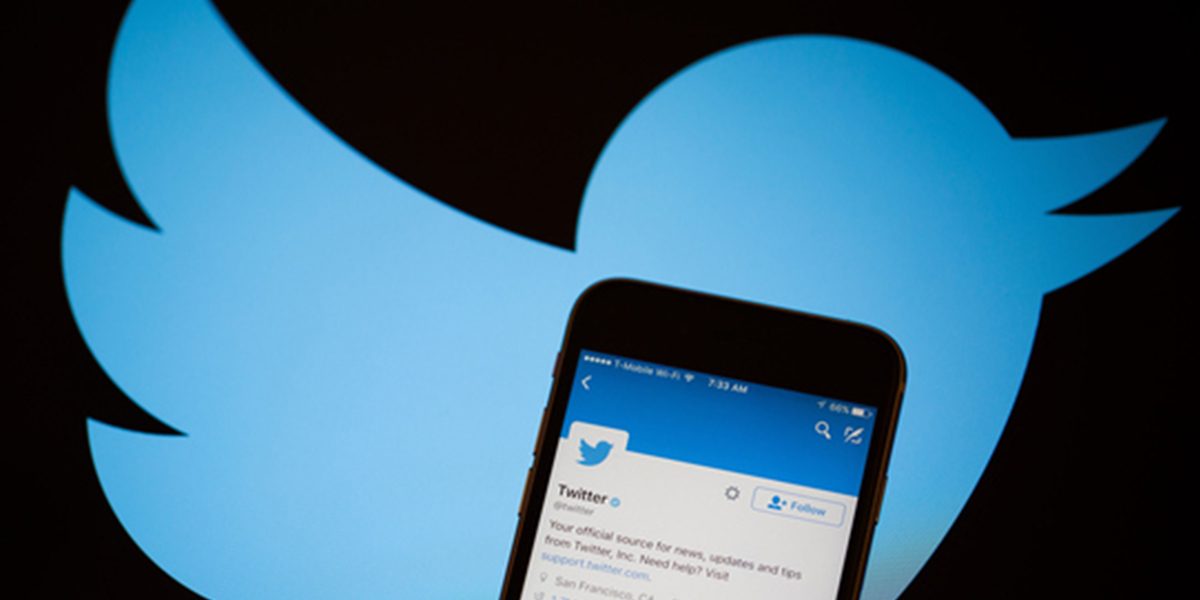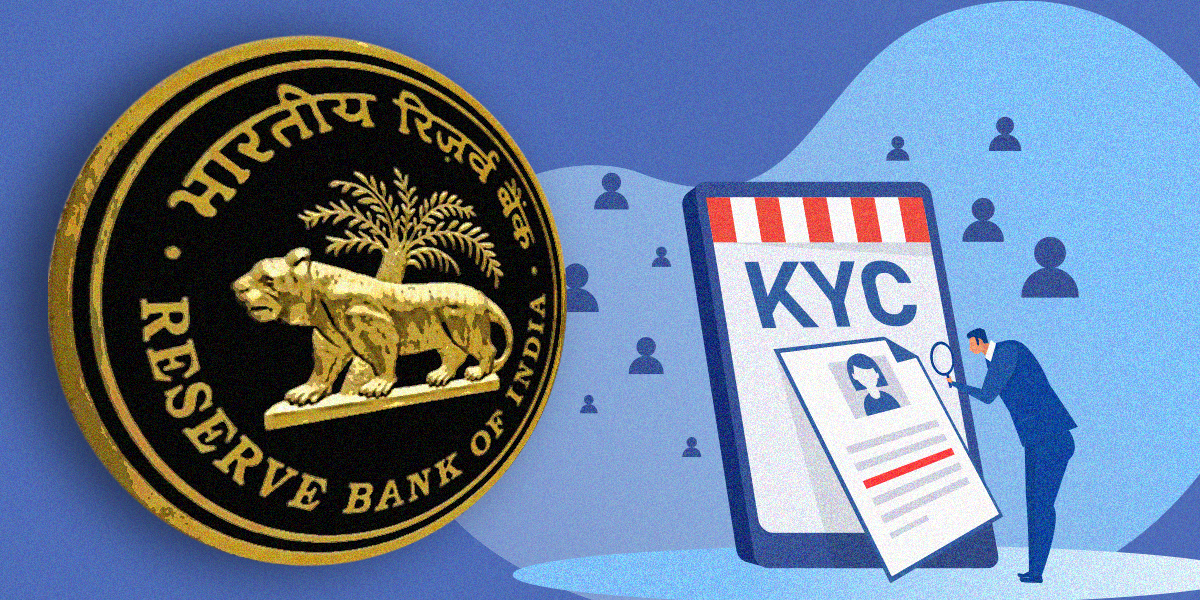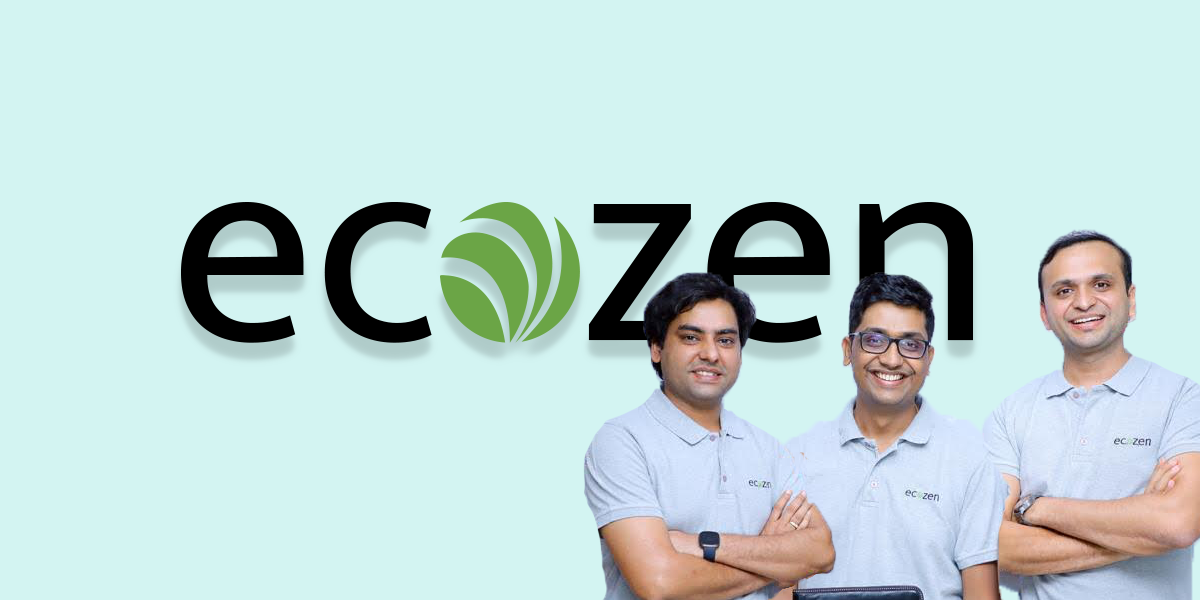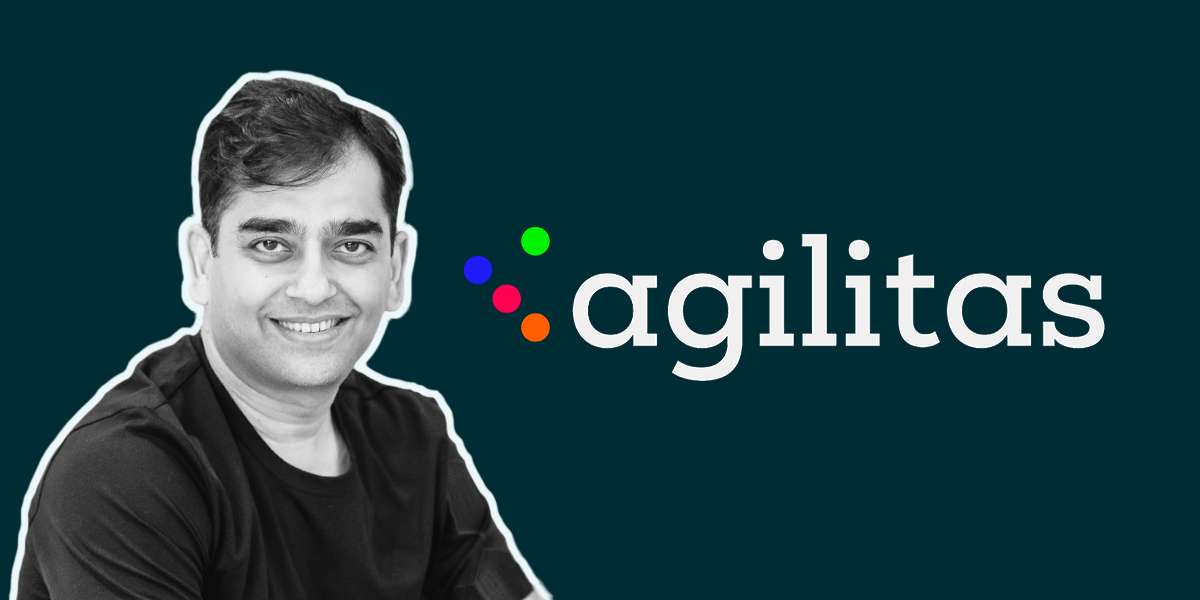In a stern warning to micro-blogging platform Twitter and its top executives, the government has asked to remove objectionable and inflammatory content from the platform or be ready to face a jail term and financial penalties.
The ministry of information technology has also served notice to the firm asking it to comply with the provisions under the Indian IT Act. In case of failure, the company’s top executives will face action under Section 69A of the IT Act.
The IT Act allows the govt to block content or accounts which carry information that is seen as detrimental to the sovereignty and integrity of the country. Any internet platforms, who fails to comply with the direction “shall be punished with imprisonment for a term which may extend to seven years and shall also be liable to fine, adds the Act.
The govt seek complete compliance from the micro-blogging site. Though, it has managed to get Twitter agreeing in a few cases, said a TOI report.
Earlier, IT and law minister Ravi Shankar Prasad had also warned of strict action against any internet company used for spreading fake news and other kinds of misinformation.
A month ago, the Twitter officials were asked to appear before the parliamentary panel on February 11 for alleged bias against “nationalist” accounts. The micro-blogging site did not appear before the committee on information technology.
The development comes a day after Twitter went live with its ‘Ads Transparency Centre’ for India. It offers a search feature that allows people to see who is advertising political content on Twitter, the ad spends and targeting demographics.
Meanwhile, the govt is also updating IT laws to bring internet firms under the law.
As the general election in India drawing closure, the government is tightening grip on social media content dissemination process to ensure that they are not used to spread bias or objectionable content.
In the last two years, social media platforms have emerged as a medium for political parties to run their views and propaganda to manipulate voter base present there.
In early 2018, Facebook faced heavy scrutiny following the Cambridge Analytics (CA) scandal. It was alleged to have collected over 87 million users data worldwide and accused in cases of influencing elections in other countries as well.













